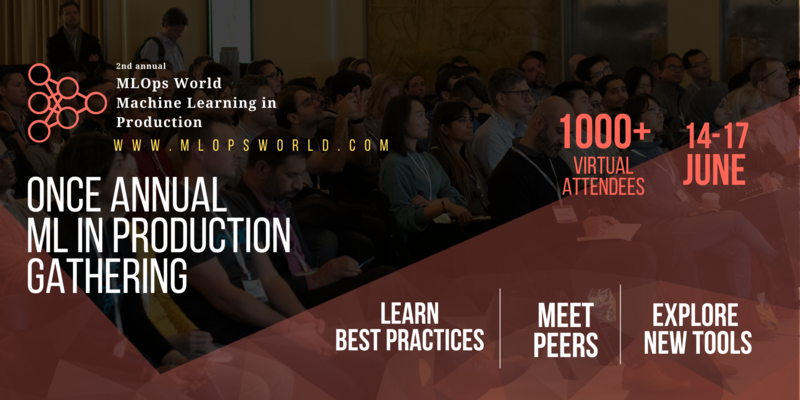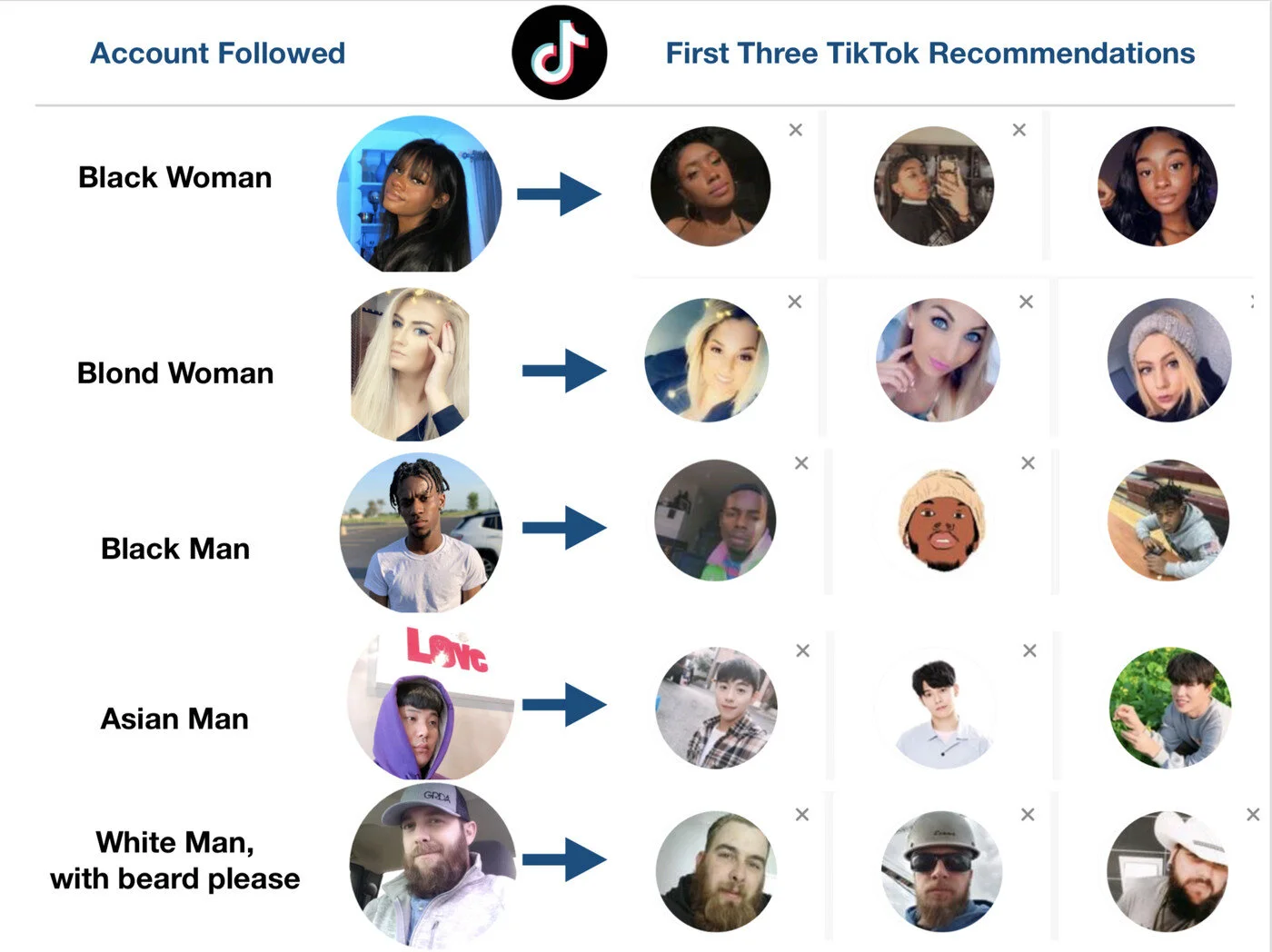Last month, I had the opportunity to speak at Arize:Observe, the first conference dedicated solely to ML observability from both a business and technical perspective. More than a mere user conference, Arize:Observe features presentations and panels from industry thought leaders and ML teams across sectors. Designed to tackle both the basics and most challenging questions and use cases, the conference has sessions about performance monitoring and troubleshooting, data quality and drift monitoring and troubleshooting, ML observability in the world of unstructured data, explainability, business impact analysis, operationalizing ethical AI, and more.
In this blog recap, I will dissect content from the summit’s most insightful technical talks, covering a wide range of topics from scaling real-time ML and best practices of effective ML teams to challenges in monitoring production ML pipelines and redesigning ML platform.










